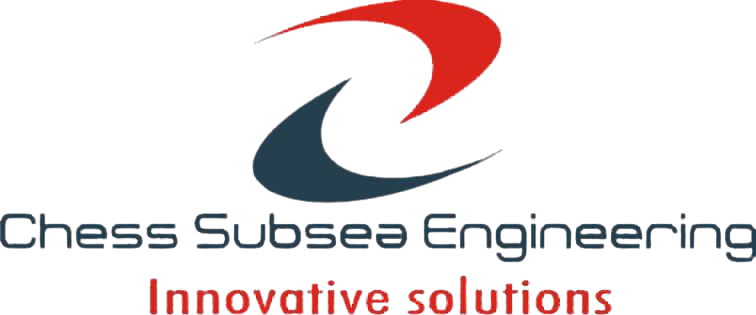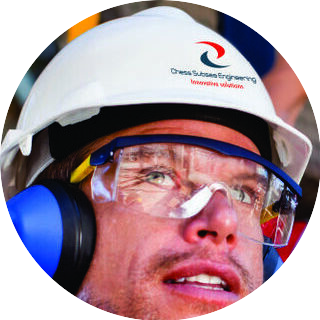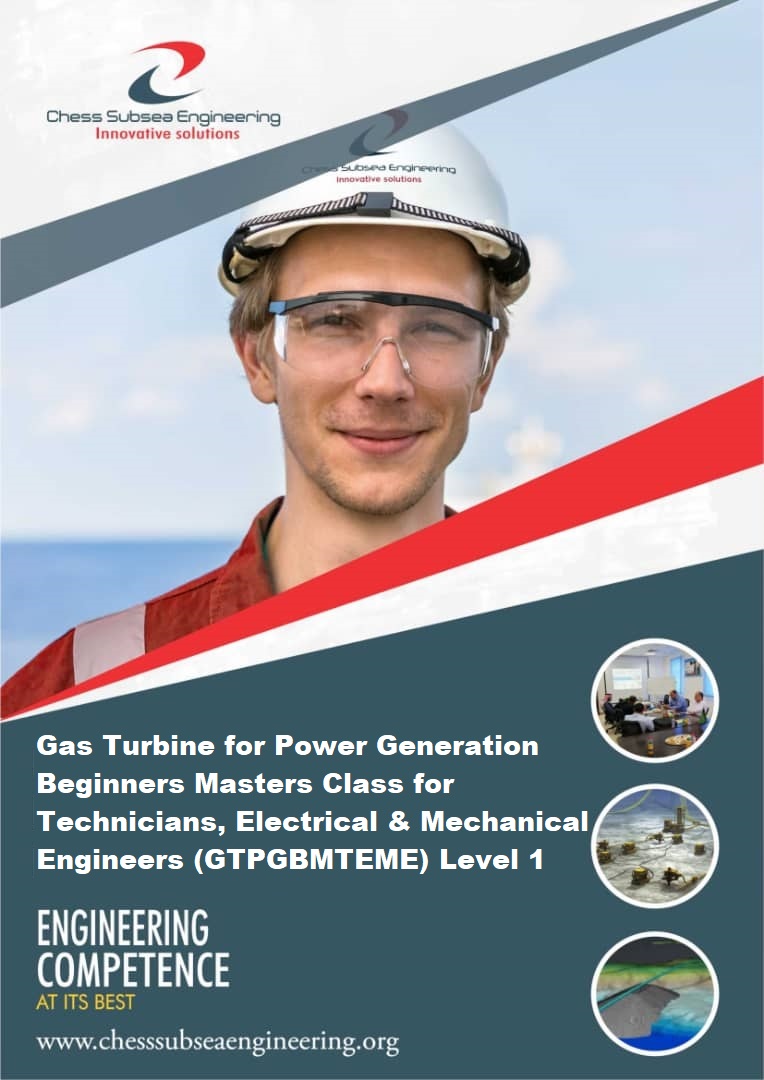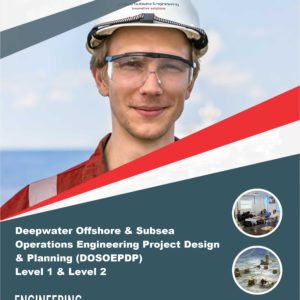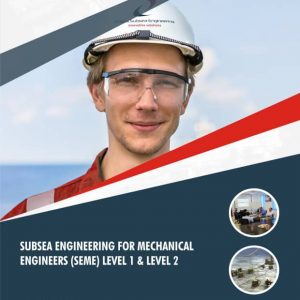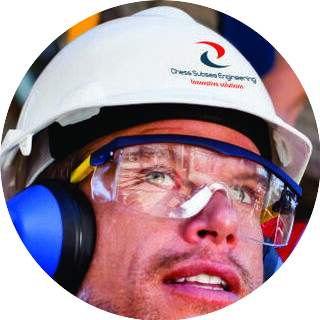Description
A gas turbine is a type of internal combustion engine that uses compressed air to ignite fuel and generate power. Gas turbines are widely used for power generation due to their high efficiency, low emissions, and reliability.
In a gas turbine power plant, the gas turbine is typically connected to a generator, which converts the rotational energy of the turbine into electrical energy. The gas turbine combusts a fuel, typically natural gas, and the resulting hot gases are directed through a turbine to produce power.
Gas turbines are classified into two main types: aero-derivative and heavy-duty. Aero-derivative gas turbines are derived from aircraft engines and are used for smaller, more mobile power generation applications, while heavy-duty gas turbines are used for larger power generation applications.
Gas turbines have a number of advantages for power generation, including their ability to start up quickly and respond rapidly to changes in demand, their high efficiency, which reduces fuel consumption and emissions, and their low maintenance requirements. Gas turbine power plants can be used for both baseload and peaking power generation, depending on the size and configuration of the plant.
Gas Turbine for Power Generation explores all the major aspects of processes, technologies and systems involved in gas turbine for power generation, examining the building blocks of gas turbine engineering, including the key components, major applications, working principles of gas turbine in a power plant, working principles of gas turbine in oil and gas, major components, types of as turbine, design of gas turbine, codes & standards, gas turbine performance, advantage & disadvantage, gas turbine manufactures, gas turbine vs steam turbine and more.
Course Outlines
Section 1: Introduction to Gas Turbine & Major Applications
Section 2: Working Principle of a Gas Turbine
Section 3: Working Principle of a Gas Turbine in a Power Plant
Section 4: Working Principle of a Gas Turbine in Oil and Gas Industry
Section 5: Components of a Gas Turbine
Section 6: Types of Gas Turbine
Section 7: Design of Gas Turbine
Section 8: Gas Turbine Codes and Standards
Section 9: Gas Turbine Performance
Section 10: Advantages of a Gas Turbine
Section 11: Disadvantages of a Gas Turbine
Section 12: Gas Turbine Manufacturers
Section 13: Gas Turbine Vs Steam Turbine
Section 14: Gas turbine Working principle , Open loop and closed loop gas turbine
Section 15: Gas Turbine Operations JSA
Section 16: Gas Turbine Inspection
Section 17: Gas Turbine Maintenance
Section 18: Gas Turbine Repair
Section 19: A Case Study of Gas Turbine Repair IMR
Technical Support References
Ref 1: Major Applications of Gas Turbine
Ref 2: Working Principle of a Gas Turbine
Ref 3: Working Principle of a Gas Turbine in a Power Plant
Ref 4: Working Principle of a Gas Turbine in Oil and Gas Industry
Ref 5: Components of a Gas Turbine
Ref 6: Types of Gas Turbine
Ref 7: Design of Gas Turbine
Ref 8: Gas Turbine Codes and Standards
Ref 9: Gas Turbine Performance
Ref 10: Advantages of a Gas Turbine
Ref 11: Disadvantages of a Gas Turbine
Ref 12: Gas Turbine Manufacturers
Ref 13: Gas Turbine Vs Steam Turbine
Ref 14: Gas turbine Working principle , Open loop and closed loop gas turbine
Ref 15: Gas Turbine Operations JSA
Ref 16: Gas Turbine Inspection
Ref 17: Gas Turbine Maintenance
Ref 18: Gas Turbine Repair
Ref 19: Case Study of Gas Turbine IMR
Assessment
Participant underpinning knowledge of gas turbine for power generation at masters Level 1 shall be accessed with short answer multiple-choice questionnaire and case studies at the conclusion of the course.
Outcome
Participants will gain an in debt understanding of gas turbine for power generation at master’s level 1. They will also be able to function with minimum supervision as gas turbine systems engineer or technicians at graduate level for IOCs, gas turbine systems service contractor, vendor or gas turbine power plant company.
Professional Certificate
Issued directly by Chess Subsea Engineering Europe.
Participant may be presented for Offshore Petroleum Training Organization (OPITO) Certification.
How to Register
Click here to download registeration booklet on msword and email completed booklet to info@chesssubseaengineering.org directly.
